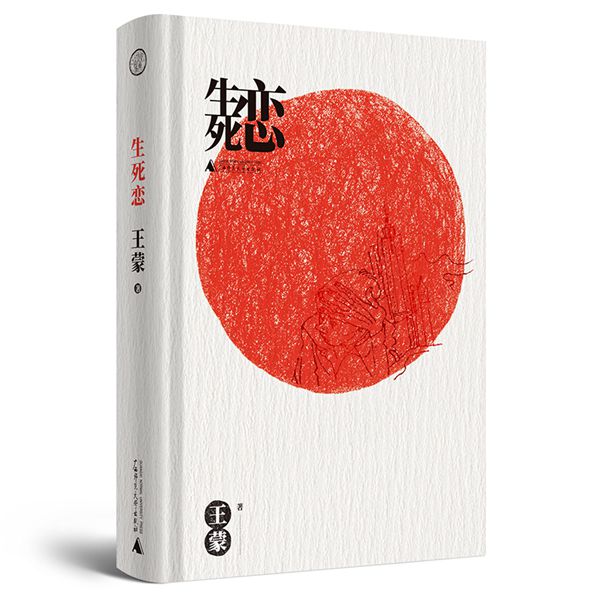 |
|
Wang reads aloud from his novella Love through Life and Death.[Photo provided to China Daily] |
Wang himself appears in the novella as an omniscient figure, frankly justifying his reasons for writing in this way and his perceptions of literature gained over a lifetime of reading and writing.
The names of almost every one of the characters in the novella indicate their personalities and destinies.
And Wang's "explosive language", as Wu Shulin, executive vice-president of the Publishers Association of China, has described it, is full of enthusiasm and contrast, and stands out for its rhythmic forms and use of sublimation.
Wu says the novella, and the nonfiction work Postal Anecdotes, which is also included in the book, present both the positive, progressive side and the darker side of Chinese society over the past century.
The latter work revolves around the author's interactions with China Post and the Postal Savings Bank of China over decades of seemingly trivial remittance matters.
The sounds of old steam locomotives described in the novella, as well as the images of postal workers dressed in green carrying bags of letters slung over their bicycles, so deeply touches the collective memory of Chinese people that the details immediately draw readers back to the old days where strong bonds between people were commonplace.
More than 65 years have passed since he first picked up his pen, and Wang says while he is still enthralled by writing, he is also keen on swimming, and watching movies. And his "six-pack abs" are still a source of TV talk show quips.
His achievements in fiction, poetry and prose, and his research into comparative and classical literature are widely recognized.
And as critic Wang Gan has pointed out, Wang Meng has been a key innovator in Chinese literature, who pioneered the use of stream-of-consciousness techniques, broke down the boundaries between literary creation and criticism, and experimented with a new form of what he calls the "nonfictional novel" with Postal Anecdotes.
Keen to support the next generation of young Chinese writers, Wang Meng set up a literary prize to encourage authors below the age of 30 between 2000 and 2005.
Many of the winners, including Zhang Yueran, Xu Zechen and Li Xiuwen, remain in the spotlight today.